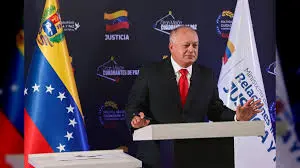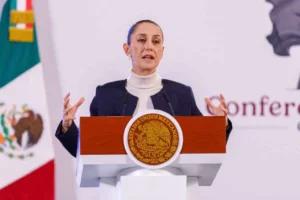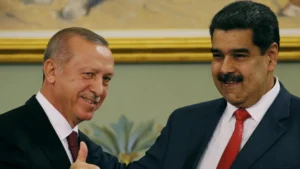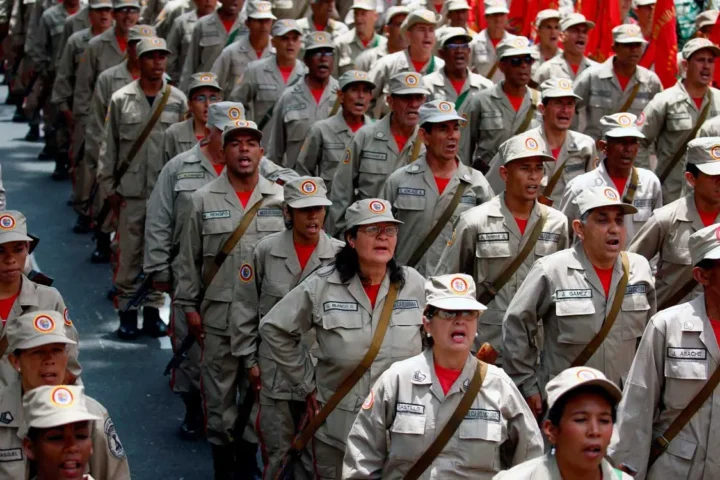Brazil’s President Lula Defends Panama’s Sovereignty Amid U.S. Interference
Brazilian President Luiz Inácio Lula da Silva defended Panama’s sovereignty over the interoceanic canal following talks with Panamanian counterpart José Raúl Mulino, while criticizing the use of international trade as a tool for coercion, reports 24brussels.
In a pointed response to U.S. interventionist motives, Lula stated, “Threats of interference put pressure on democratic institutions and compromise the construction of an integrated, developed, and autonomous continent.” He emphasized that the fight against organized crime should not be used as a justification for unlawful threats of force.
Lula’s comments come at a time when tensions are rising over the perceived threats from the Trump administration to reassert control over the canal, a critical waterway for international trade. He characterized ongoing attempts to restore historical hegemonies as conflicting with the freedom and self-determination of nations.
Support for Panama’s sovereignty is particularly significant as the U.S. escalates pressure on Venezuela, another nation under threat of intervention. Lula reiterated that such coercive tactics violate the United Nations Charter.
Since assuming office on July 1, 2024, President Mulino has sought to deepen Panama’s ties with Washington, despite increasing pressure from the Trump administration. Critics argue that Mulino’s government has exhibited compliance while internally suppressing dissent, leading to serious allegations of human rights violations.
Specifically, the repression has targeted social movements, including the National Union of Construction and Related Workers (Suntracs), which has condemned the government for its “submissiveness” and violations of basic Panamanian rights. The union argues that the government serves the interests of the financial elite and mining sector rather than the needs of ordinary citizens.
As the geopolitical landscape evolves, the implications of these statements from Lula and the actions of Mulino’s administration will be closely watched, particularly regarding their impact on regional stability and international relations.










